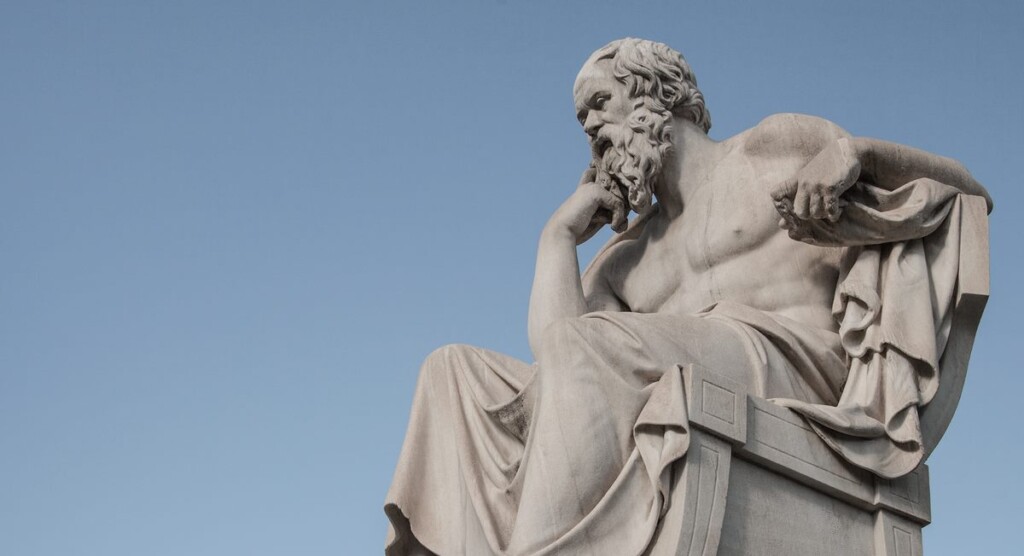
Across different cultures and countries, people perceive the wisest members of society to be logical and reflective as well as able to consider other people’s feelings and perceptions.
This was found in a new study that examined people’s conceptions of wisdom as a characteristic in 16 radically different world cultures, from Japan and Slovakia to Ecuador and Morocco.
Wisdom: a hallowed human trait that transcends intelligence, knowledge, and age. Wisdom received is identified as much by the feeling it imparts as by any metric of truth or actionability it contains.
Hoping to produce a concrete, phenomenological blueprint of wise conduct and character in humans, a group of researchers from the Univ. of Waterloo, Canada, looked at perceptions of wisdom across 12 countries and five continents.
The results offer a template for the characteristics a person may have to develop in order for their peers to consider them wise. Those with such an aim should read the study, published in Nature Communications, carefully.
Researchers examined the underlying principles guiding who we perceive as wise in political leadership, science, and daily life. Across different cultures, participants’ judgments converged on two dimensions: reflective orientation and socio-emotional awareness. Reflective orientation includes characteristics such as thinking logically, emotion control, and application of knowledge. Socio-emotional awareness includes characteristics like care for other’s feelings and attention to social context.
“To our surprise, the two dimensions emerged across all cultural regions we studied, and both were associated with explicit attribution of wisdom,” said Dr. Maksim Rudnev, a postdoctoral research associate in psychology at Waterloo and lead author.
The study posits a universal way that people around the world might choose to judge, support, and trust leaders, educators, and others in positions of influence.
“While both dimensions of wisdom work together, people associate wisdom more with the reflective orientation. If someone is viewed as not able to reflect and think logically, then perceptions of them as socio-emotionally competent and moral won’t compensate,” said Dr. Igor Grossmann, the senior corresponding author and the director of the Wisdom and Culture Lab at Waterloo.
The collaboration among 26 research institutions was coordinated by the Geography of Philosophy consortium and included researchers from North and South Americas (Canada, U.S., Ecuador, and Peru), Asia (China, India, Japan, and South Korea), Africa (Morocco and South Africa), and Europe (Slovakia).
SOCIAL SCIENCES TODAY: Humble Leaders Inspire Greater Cooperation Among Teachers – and Workers of All Kinds
The study involved 2,707 participants from 16 socio-economically and culturally diverse groups. They were prompted to compare 10 individuals, including scientists, politicians, and teachers, in the context of making a difficult choice in a real-life scenario without a clear right or wrong answer.
The participants were then asked to rate the degree of wisdom of these individuals and themselves. The data was analyzed to identify underlying dimensions governing perceptions of wisdom among individuals and between groups.
MORE WISDOM LIKE THIS: Retirees Share Top 40 Pearls of Wisdom With Our Younger Generations
“Interestingly, our participants considered themselves inferior to most exemplars of wisdom in regard to reflective orientation but were less self-conscious when it comes to socio-emotional characteristics,” Rudnev said.
“Understanding perceptions of wisdom around the world has implications for leadership, education, and cross-cultural communication. It is the first step in understanding universal principles in how others perceive wisdom people in different contexts.”
SHARE This Interesting Survey Of Who In Society Is Wise On Social Media…




















